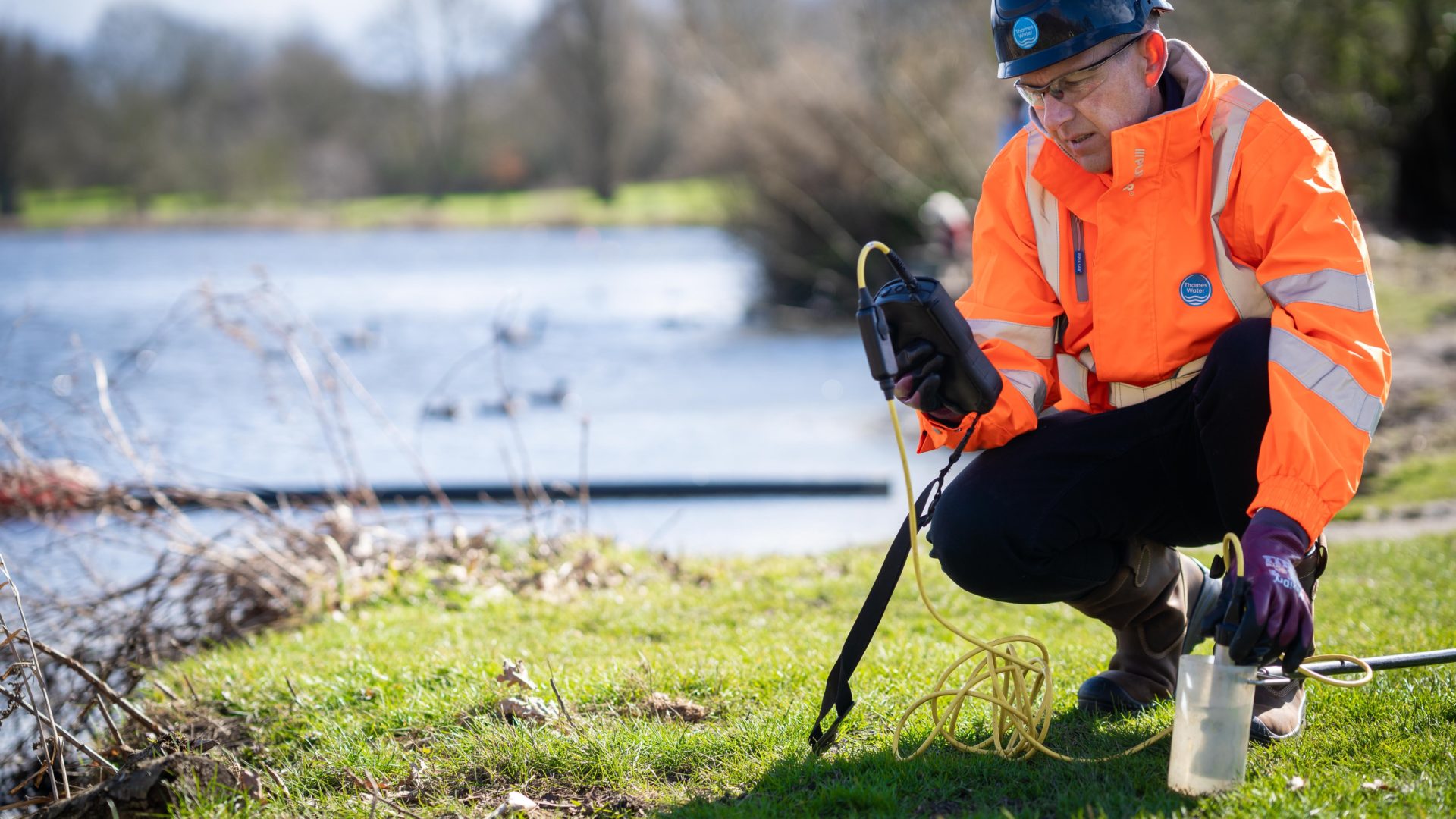Thames Water has been cracking down on sewer abuse in the food industry, with two companies ordered to pay a combined total of £262,500 in fines and costs, for breaching the conditions of their discharge consents. These consents set out how companies should dispose of industrial waste.
Kolak Snack Foods Limited were prosecuted on 31 October 2024 at Willesden Magistrates Court, after they were found to have breached the conditions of their consent for at least a week in September 2022. The food company, which is required to treat its own waste before discharging it into the sewers, was found to have knowingly disposed of only partially treated effluent consisting of food solids and fats. This was discovered when Thames Water investigated the cause of a blockage in the foul sewer that had caused a pollution in the River Brent.
The prosecution came from one single sample, where Kolak was ordered to pay a fine of £152,000 to the courts and an additional £16,000 to Thames Water to cover legal and operational costs. Further, the Environment Agency later issued a warning letter to Kolak for the pollution.
West London based company, Taiko Foods Limited also faced prosecution at Willesden Magistrates Court for 13 offences, which included the disposal of chemicals, solids and fats down the sewers, between November 2021 and November 2022. The ramifications of these actions had the potential to cause blockages, flooding and pollution in the area. As a result, the company was fined £88,500 and ordered to pay Thames Water £6,000 in costs on 24 October 2024.
Tess Fayers Waste and Bioresources Director at Thames Water said:
“Sewer abuse is part of the everyday challenge we face to keep the sewers flowing to remove and treat customers’ wastewater.
“It is vital that we all (at home or at work) follow the rules to dispose of our waste in a manner that is safe for our assets, customers and the environment. Discarded food solids, fats and grease congeal and block sewers. These ‘fatbergs’ can then lead to flooding of customer homes or pollutions in our rivers.
“Our work to find and stop these offences helps us to maintain our sewer network and protect the environment. We will always look to work with individuals and companies to educate them on the effects sewer abuse has, but we will take legal action as a last resort where the risk is too high.
“We are pleased the courts understood the seriousness of abusing the wastewater system, which is reflected in the fines and costs for these two cases. We hope it will remind others in the food industry to act responsibly and discard their waste correctly.”
Lewis Elmes, catchment co-ordinator for the Environment Agency in North London said:
“Pollution comes from many different sources, such as road run-off, misuse of the drainage system and wrongly-connected pipes, all of which risk harming water life in the River Brent.
“The Environment Agency supports Thames Water in bringing the case against Kolak Snack Foods. We continue to work with them, local authorities and organisations that make up the Brent Catchment Partnership to improve water quality in the river.
“Anyone who suspects pollution in our waterways can call our 24-incident hotline: 0800 807060.”
Sewer abuse is a major issue for water companies. Every year, Thames Water removes 75,000 blockages from their sewers at a cost of £18 million per year, including a recent fatberg in East London which weighed 35 tons and took 11 days to clear. In 2023/24, 81% of blockages were caused by unflushable items. That is why they are asking customers and businesses to be responsible when they dispose of waste.



